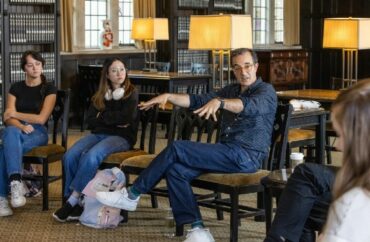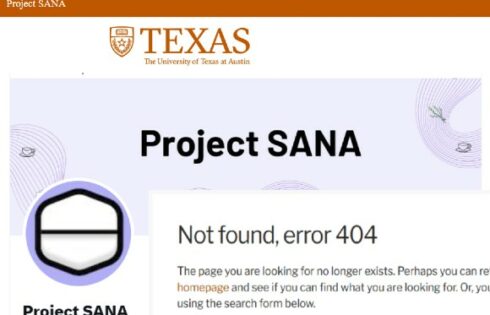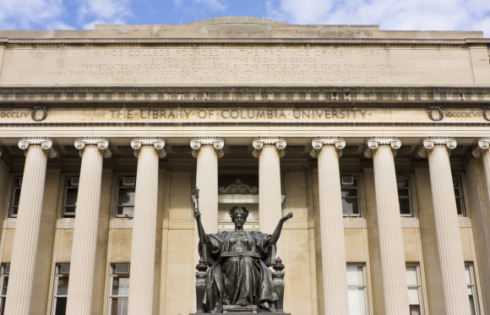
Blame administrators, not students, for the decline of “old-fashioned” liberal arts in higher education, a philosophy professor wrote Thursday at The New York Times.
As the dean, until recently, of the University of Tulsa’s Honors College, Jennifer Frey said she has not witnessed the stuff of alarm in reports about college students: their unwillingness to read books, their reliance on AI, short attention spans, and struggles with mental health.
When a university invests in the liberal arts, as the University of Tulsa once did, she said students don’t just see “their coursework as a step toward specific careers.”
Instead, Frey said students learn to develop “meaningful and deeply fulfilling lives.”
She wrote:
The curriculum I helped build and teach required students to read thousands of pages of difficult material every semester, decipher historical texts across disciplines and genres and debate ideas vigorously and civilly in small, Socratic seminars. It was tremendously popular among students, who not only do the reading but also engage in rigorous and lively conversations across deep differences in seminars, hallways and dorms. For the past two years, we attracted over a quarter of each freshman class to this reading-heavy, humanities-focused curriculum.
This year, however, she said the private school’s leaders eliminated her position:
Sadly, this education has fared less well with my university’s new administration. After the former president and provost departed this year, the newly installed provost informed me that the Honors College must “go in a different direction.” That meant eliminating the entire dean’s office and associated staff positions as well as many of our distinctive programs and — through increased class sizes — effectively ending our small seminars. (A spokesperson for the university told The Times that while it had “restructured” the Honors College, the university believes that academics and student experiences will “remain the same.”)
The stated reason for these cuts was to save money — the same reason the University of Tulsa gave in 2019 when it targeted many of the same traditional forms of liberal learning for elimination. Back then, the administration attempted to turn the university into a vocational school. Those efforts largely failed, in part because of lack of student support for the new model.
An unpleasant truth has emerged in Tulsa over the years. It’s not that traditional liberal learning is out of step with student demand. Instead, it’s out of step with the priorities, values and desires of a powerful board of trustees with no apparent commitment to liberal education, and an administrative class that won’t fight for the liberal arts even when it attracts both students and major financial gifts. The tragedy of the contemporary academy is that even when traditional liberal learning clearly wins with students and donors, it loses with those in power.
Not just at her own university but overall, Frey said the traditional liberal education is in decline because of college leaders, not students.
“The real threat to liberal learning is from an administrative class that is content to offer students far less than their own humanity calls for — and deserves,” she wrote.
MORE: University of Tulsa faculty vote ‘no confidence’ in president after gutting the humanities
IMAGE CAPTION AND CREDIT: Students and faculty at the University of Tulsa hold a discussion in class; University of Tulsa/Facebook
Like The College Fix on Facebook / Follow us on Twitter




Add to the Discussion